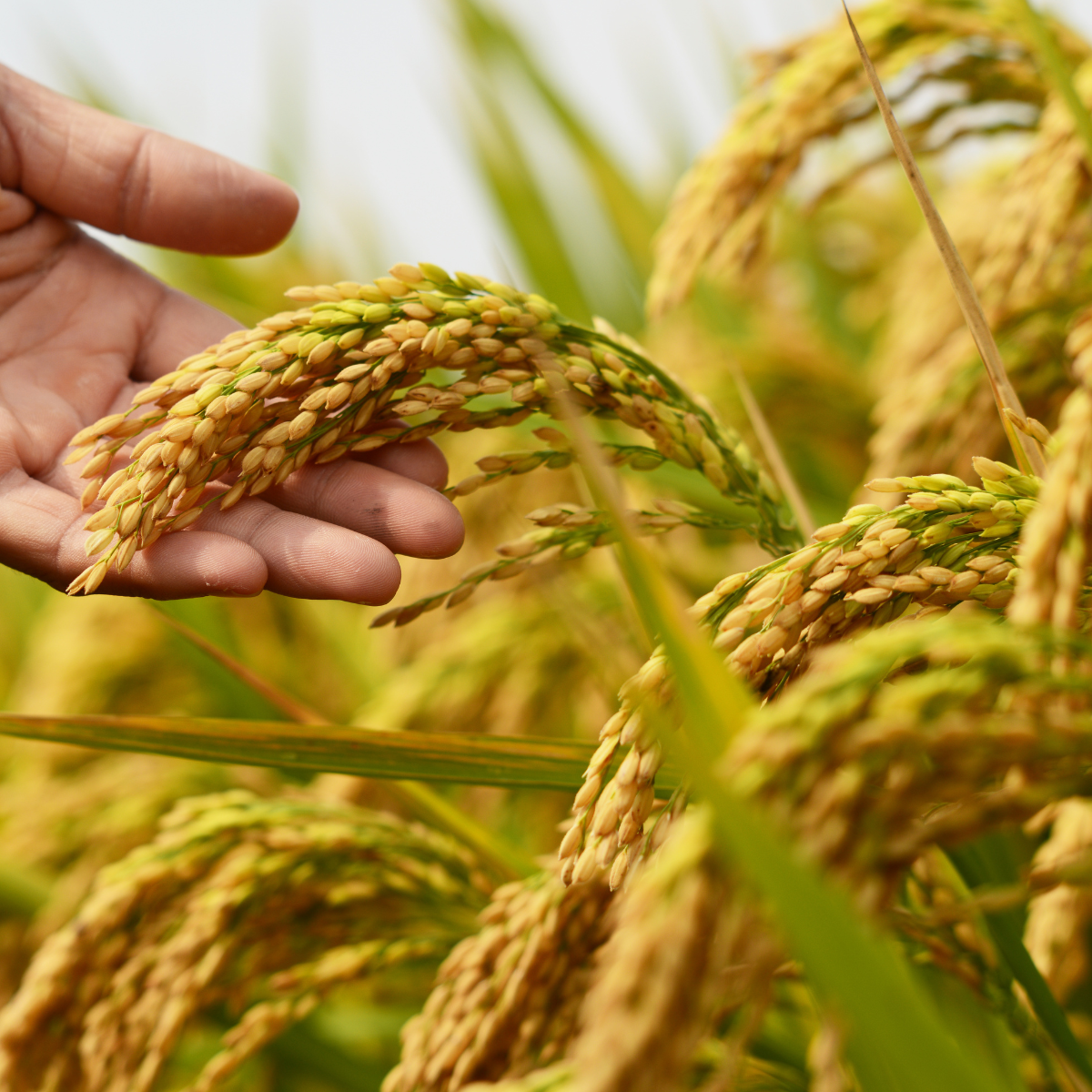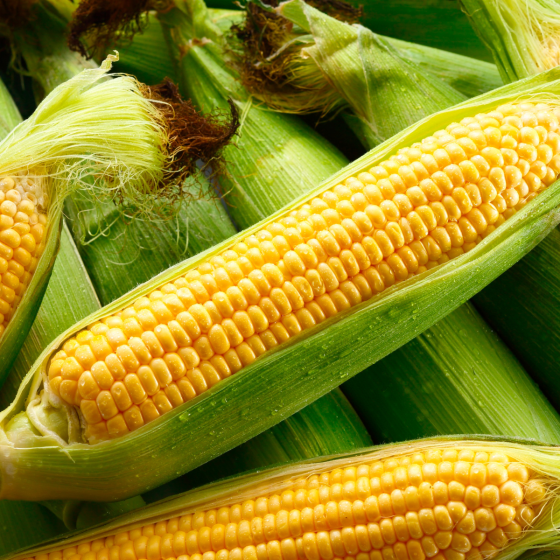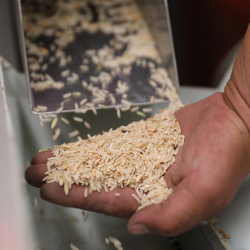As the urgency to combat climate change, food insecurity, and public health crises grows, organic agriculture has emerged as a beacon of hope. In Nigeria, Africa’s most populous nation—organic farming offers a pathway toward healthier food systems, improved livelihoods, and environmental sustainability. But are we doing enough to unlock its potential?
This article explores the promise, practices, and policy paths for mainstreaming organic agriculture in Nigeria. It highlights how shifting from conventional to organic systems can transform not only what we grow but how we grow—sustainably, equitably, and resiliently.
Why Organic Farming Matters Now
The global organic food market reached over €106 billion in 2019, with certified organic farmland spanning 72.3 million hectares. Yet Africa accounts for a mere 2 million hectares—or just 3% of that total (FAO, 2013). This disparity underscores an untapped opportunity.
In response, the African Union adopted the Ecological Organic Agriculture (EOA) Initiative in 2011. Nigeria signed on from the beginning, and the results are promising. Organic farmland in the country increased from just 3,000 hectares in 2009 to over 57,000 hectares by 2018 (FiBL, 2020).
What Is Organic Farming?
Organic farming is more than the absence of chemicals—it’s a holistic system rooted in nature. It avoids synthetic fertilizers, GMOs, and chemical pesticides, instead promoting biodiversity, healthy soils, and natural pest management.
Core Principles of Organic Agriculture:
-
Biodiversity – Encouraging a wide range of crops and organisms for resilience
-
Sustainability – Balancing productivity with ecological care
-
Water Efficiency – Using irrigation and mulching to conserve water
-
Animal Welfare – Humane, healthy livestock systems
-
Natural Pest Control – Avoiding harmful pesticides through crop rotation and beneficial insects
Techniques That Define Organic Farming
Here are some of the key methods used by organic farmers:
-
Crop Rotation – Prevents nutrient depletion and suppresses pests
-
Cover Cropping – Improves soil fertility and prevents erosion
-
Composting – Recycles organic waste into rich soil amendments
-
Agroforestry – Integrates trees into farming systems for biodiversity
-
Integrated Pest Management (IPM) – Combines natural methods for pest control
-
Use of Organic Fertilizers – Employs manure, bone meal, and compost
-
Mulching – Enhances water retention and suppresses weeds
The Benefits of Organic Agriculture
Organic farming contributes to three major development priorities:
Environmental Sustainability
-
Reduces chemical pollution in soil and water
-
Builds carbon-rich, healthy soils
-
Enhances biodiversity across ecosystems
Public Health
-
Lowers pesticide exposure in food and on farms
-
May offer higher nutrient density in produce
-
Reduces antibiotic use in livestock farming
Socioeconomic Resilience
-
Strengthens local economies and rural communities
-
Creates green jobs and niche market opportunities
-
Improves long-term farm profitability
Nigeria’s Organic Sector: Challenges and Opportunities
Despite its potential, organic agriculture in Nigeria faces several hurdles:
Challenges
-
Lack of awareness among farmers and consumers
-
Limited access to certified organic inputs
-
Weak certification systems and regulatory gaps
-
High cost of transition from conventional farming
-
Limited market access and price premiums
Opportunities
-
Rising urban demand for safe, chemical-free food
-
Youth interest in green entrepreneurship
-
Existing initiatives like OAPTIN, NOAN, and OOCORD
-
Government interest in agroecology and climate adaptation
What Needs to Be Done: The Way Forward
Unlocking organic agriculture’s full potential in Nigeria will require strategic interventions on multiple fronts:
1. Education and Awareness
-
Integrate organic farming into school curricula and youth programs
-
Invest in research through universities and agricultural institutes
-
Strengthen farmer training and extension services
2. Policy Support
-
Translate the AU’s ecological farming vision into national laws
-
Provide subsidies or incentives for organic inputs and certification
-
Recognize organic agriculture in climate and food policy frameworks
3. Market Development
-
Create branded sales outlets for certified organic products
-
Promote consumer education on health and sustainability benefits
-
Introduce minimum price guarantees to reward organic farmers
4. Access to Finance
-
Offer grants or low-interest loans for organic transition
-
Engage public-private partnerships to support infrastructure
-
Link farmers to fair trade and export markets
5. Regional and International Cooperation
-
Partner with countries with strong organic sectors for technical support
-
Leverage donor and NGO funding to scale up pilot programs
-
Adopt harmonized standards and regional organic trade zones
Final Thoughts
Nigeria stands at a pivotal moment. Organic agriculture is not a luxury, it is a necessity for a food-secure, environmentally resilient future. With growing consumer demand, pan-African support, and a passionate network of practitioners and advocates, Nigeria can lead the charge for ecological agriculture on the continent. But this will not happen by chance. It will happen by choice, by policy, and by partnership. Let us grow a greener tomorrow—starting today.
References
African Union. (2011). Decision on Organic Farming EX.CL/Dec.621 (XVII). Retrieved from https://au.int
Food and Agriculture Organization. (2013). World of Organic Agriculture 2013: Statistics and Emerging Trends. FAO. Retrieved from https://www.fao.org
FiBL & IFOAM. (2020). The World of Organic Agriculture: Statistics and Emerging Trends 2020. Research Institute of Organic Agriculture (FiBL) and IFOAM – Organics International. Retrieved from https://www.fibl.org
International Federation of Organic Agriculture Movements. (2020). Global Organic Farming Statistics and News. Retrieved from https://www.ifoam.bio
Olusegun Obasanjo Centre for Organic Research and Development. (2022). Annual Report on Organic Research in Nigeria. OOCORD Publications.
Organic Agriculture Project in Tertiary Institutions in Nigeria. (2021). OAPTIN Progress Brief. Retrieved from https://www.noanigeria.net/oaptin
United Nations Environment Programme. (2021). Organic Agriculture: A Sustainable Path for Africa. Retrieved from https://www.unep.org
World Bank. (2022). Supporting Climate-Smart Agriculture in Nigeria. Retrieved from https://www.worldbank.org
World Health Organization. (2021). Pesticide Residues in Food: Risk Assessment and Health Concerns. Retrieved from https://www.who.int




